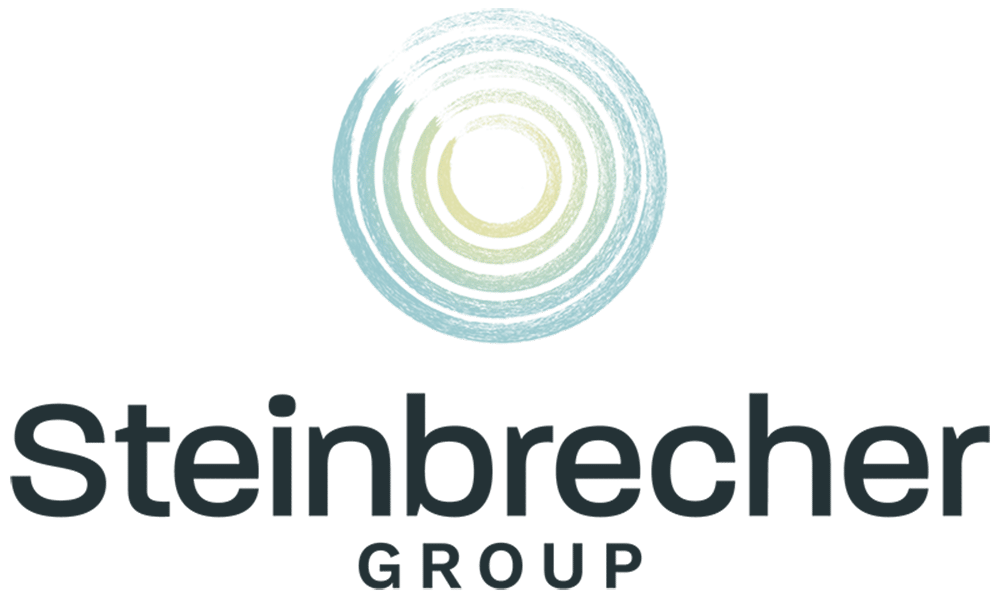Leadership at its core, has always been about people connecting with people. The more authentic the connection, the better the communication, the more mutual trust established, and the better the alignment – the more successful the leader and thus, the organization.
Over the past 30 years of coaching and working with hundreds of leaders from executives to managers, I’ve found that while leadership styles are continually evolving, the day-to-day challenges for leaders have predominantly remained the same and are centered in 3 key areas:
Top 3 Leadership Challenges
1. Poor conflict management.
Conflict is a perfectly normal, often unavoidable, and can even be a healthy means to achieve an optimal outcome. Learning HOW to effectively handle conflict is a skill central to building and maintaining all healthy relationships, and often, needs conscious practice and reinforcement. Handling conflict with skill requires leaders to have a healthy dose of emotional intelligence (EQ). Leaders must remain objective, avoid assumptions and preconceived notions, be mindful of not blaming others, demonstrate patience, and engage in active listening. Leaders can take more control of their outcomes by building their EQ reserve and learning and practicing mindful communication skills, particularly when the stakes are high.
2. Lack of team unity.
Dysfunctional teams are counterproductive. Gossip, judgement, egos, and office politics plague many organizations, filtering directly to team dynamics. Positive groupthink endeavors can diminish team conflicts that arise from any of these root causes. A critical strategy and important first step is to bring teams together to share ideas and create a cohesive environment. Team-building initiatives grounded in collaboration might include drafting a vision or mission statement, conducting trust-building activities, and brainstorming/writing a team manifesto, i.e., team operating principles. These tasks will help build trust and confidence among team members. Team leaders should also consider building their “executive presence” (maturity or polish) via coaching or other means, so they are better prepared to form, manage, and motivate cohesive, high-performing teams.
3. Unhealthy goal and/or control focus.
Many leaders are high-achievement, performance-driven individuals who tend to exert control and use results-focused language to engage people in solving problems. So how does a leader know when this becomes unhealthy? Telltale signs include:
- Difficulty trusting others
- Perfectionism, i.e., “only I can get it done the right way”
- Unrealistic expectations
- A leadership style that’s more dictatorial
- Interpretation of others as being less motivated when, in fact, they may only wish to be careful, thoughtful, consensus-driven, or methodical
- The inclination to ‘fix’ or take control vs. enabling others
With an unhealthy goal or control focus by leadership, people often lose motivation and don’t collaborate effectively. When this occurs, projects are more likely to fall apart and ultimately, goals may take even longer to achieve or may be missed altogether.
To understand and begin letting go, leaders should:
- Recognize how much their own attitudes about control affect their situation
- Become more strategic in accomplishing objectives
- Divest of the minutiae of daily issues
- Invest time in practices that build emotional resilience
- Be patient with both themselves and others
- Choose words carefully to increase alignment among the team
With raised consciousness and commitment to improving key leadership skills, combined with the right training and development, leaders can become more successful in resolving conflicts, creating cohesive teams, and leading through empowerment – which collectively, translates to a more engaged, motivated, and inspired organization.
Additional Articles
- Managing Emotions: 4 EQ Skills That Will Transform How You Handle Tense Interactions. Susan Steinbrecher, Oct. 28, 2024
- Building Resilience: 10 Simple Questions to Help Overcome Obstacles and Build Emotional Resilience. Susan Steinbrecher, Nov. 11, 2024
About the Author
Susan Steinbrecher is Founder and CEO of Steinbrecher Group, an established, leadership development firm that delivers sustainable success through an innovative, proven partnership model that prioritizes conscious, authentic, EQ-driven leadership. Her expertise has positively impacted companies of all sizes, across a wide range of industries worldwide, including Bank of America, BNSF Railway, Capital One, Concentra, CVS Health, Delta Airlines, Hilton Worldwide, and Starbucks Coffee Co.
Prior to coaching, Susan was a rising star with one of the country’s best-known hotel chains for 14 years, going from entry level to the chain’s youngest general manager in history to leading the company’s strategic training and development initiatives.
Susan is the author/co-author of 5 books including Meaningful Alignment: Mastering Emotionally Intelligent Interactions at Work and In Life;Kensho-A Modern Awakening- Instigating Change in an Era of Global Renewal (Amazon best seller); and Heart-Centered Leadership: An Invitation to Lead from the Inside. She is also a professional speaker, most recently delivering the keynote address for a corporate conference of over 10,000 hospitality professionals on the topic of Heart-Centered Leadership.


